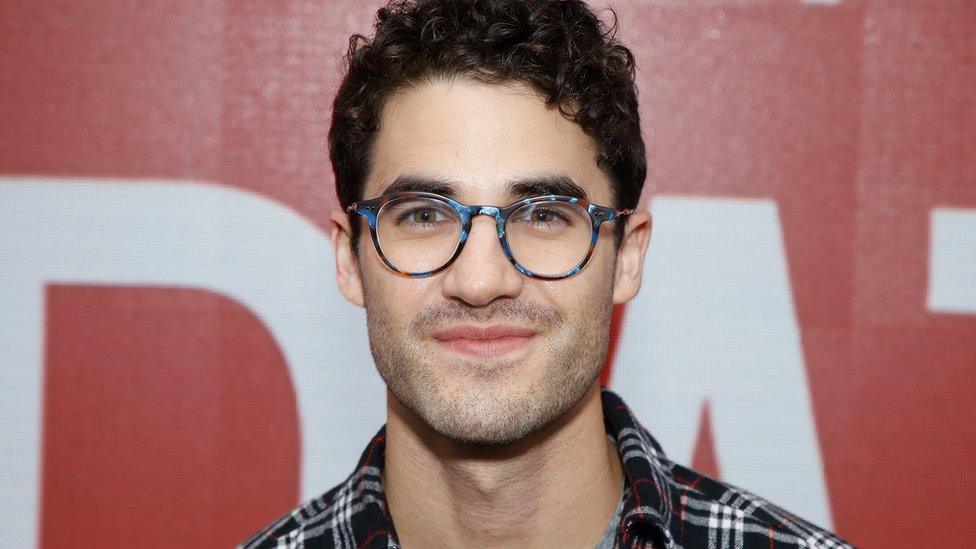Naya Rivera: Why Glee's Santana was so important to young LGBT women
- Published
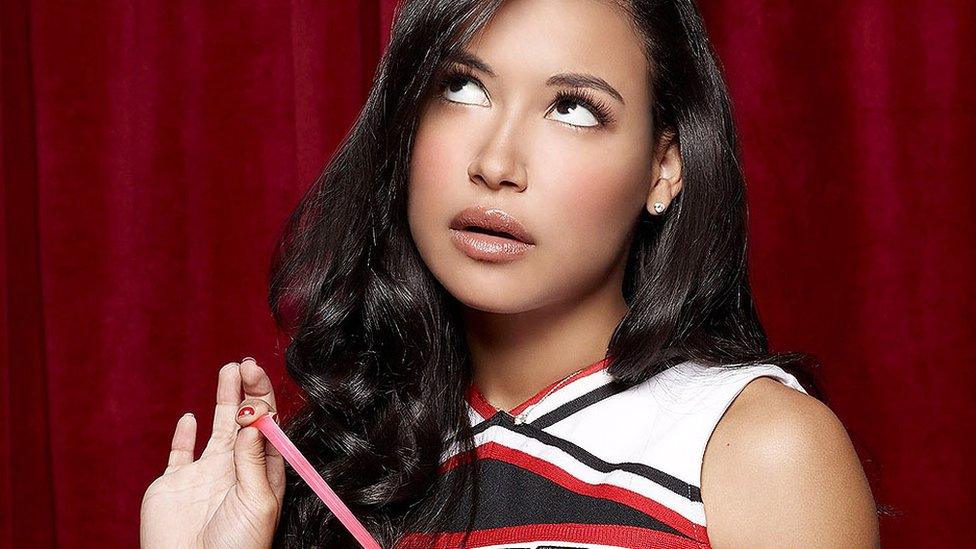
"Watching Naya Rivera in Glee was like: That's me, that's a little bit of me up there."
Millions of people watched Glee for the drama, the cover versions, the comedy - and the positive representation of a relationship between two LGBT women.
Naya played cheerleader Santana Lopez, who discovered she was a lesbian when she fell for her best friend, Brittany.
Her body was recovered from a lake in California after going missing last week while on a day out with her son.
Young LGBT women have been speaking to Radio 1 Newsbeat about the impact Santana and her storylines had on them as they watched the show in their early teens.
"I was 12 or 13, I was so young and I was thinking these things. I was so terrified to say them or ever act on them," 21-year-old Claire Rowden, who's bisexual, says.
"It was just a little knock on the door being like, 'hey, it's OK, what you're feeling is real, and it's special. It's not something to feel ashamed or uncomfortable about'."
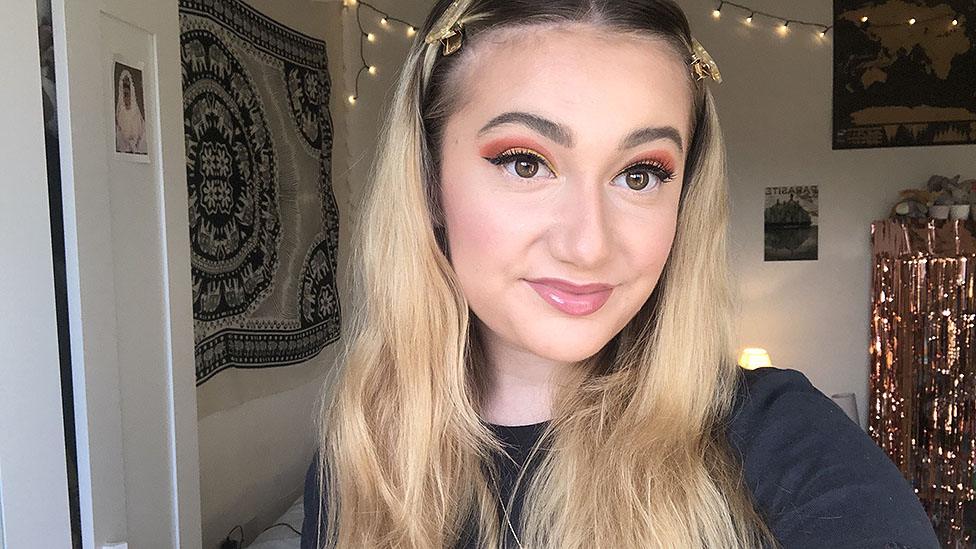
"Glee was so inclusive to me at such a young age, it became a safe place," says Claire
She describes Naya's performance as the gay cheerleader as "a breath of fresh air" at a time in her life when she was feeling "suffocated" coming to terms with her own sexuality.
"That's why representation is so deeply important," she says.
"That representation meant the absolute world to me, because I was looking at her not as Naya. I was looking at her as Santana."
Naya wasn't gay, but spoke about her pride, external at portraying a lesbian in the show.
Now, casting straight actors in LGBT roles is frowned upon.
Naya's Glee cast-mate Darren Criss promised in 2018 that he wouldn't play gay characters again.
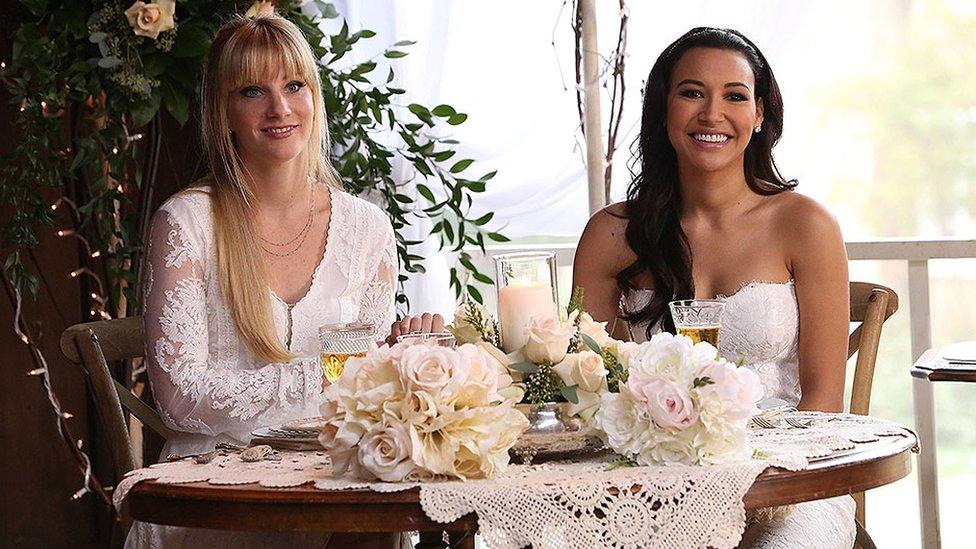
Happy ending? You bet. Santana married her cheerleader best friend Brittany in Glee's final series
"At the time there wasn't really anything at all on TV, especially queer women," says Imogen Davis, who's 25 and gay.
"I never saw any lesbian characters really on TV that weren't the butt of the joke, or where they weren't some sort of home-wrecker or something negative.
"I don't think for the time that casting a straight actress was bad. I think it did more good than it did bad."
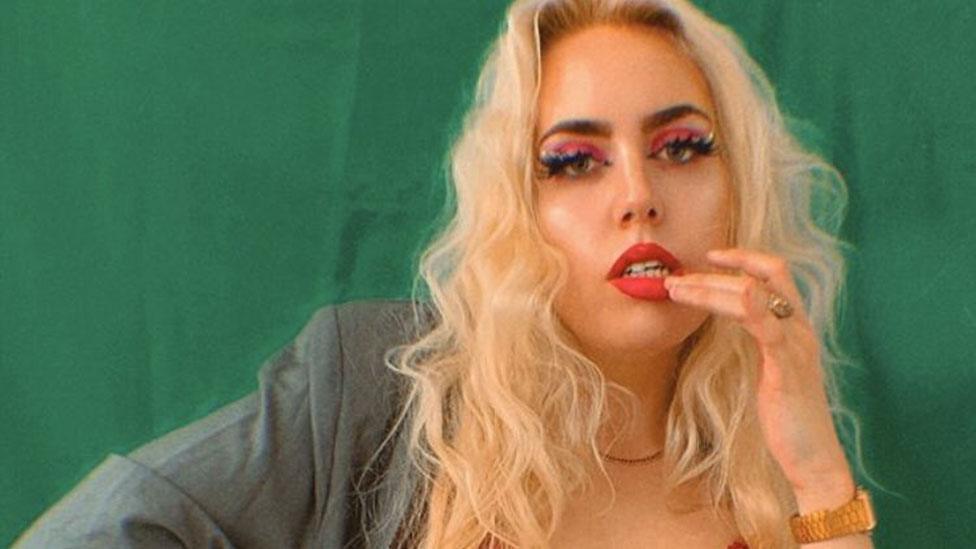
Imogen says she didn't see herself represented in anything else she watched when she was younger
Imogen's a musician now, and not only did Glee help her understand her sexuality, it also gave her the confidence to go into music.
After all, Glee was loved (and mocked) most for its songs.
"Santana not only showed me it was OK to go down that route of being a creative as a career, but to be gay and be open about who I am and do that at the same time," Imogen says.
"I have no idea where I'd be or what career I'd be doing or who I'd be if it wasn't for the show."
She says watching Santana "thrive and have respect" was what showed her it was "OK to be gay and be myself."
'Flawed characters'
As any Glee fan will remember, Santana wasn't exactly a hero on the show. At times she could be rude and insulting to other Glee club members, especially in early series of the show.
"She wasn't a perfect character," says Ellen Jones, who's 21 and gay.
"So often when we see minorities on screen, the representation we have, they have to be perfect.
"These are all flawed characters, but, people are flawed. And so it was a way of being like, yes, you can just exist."
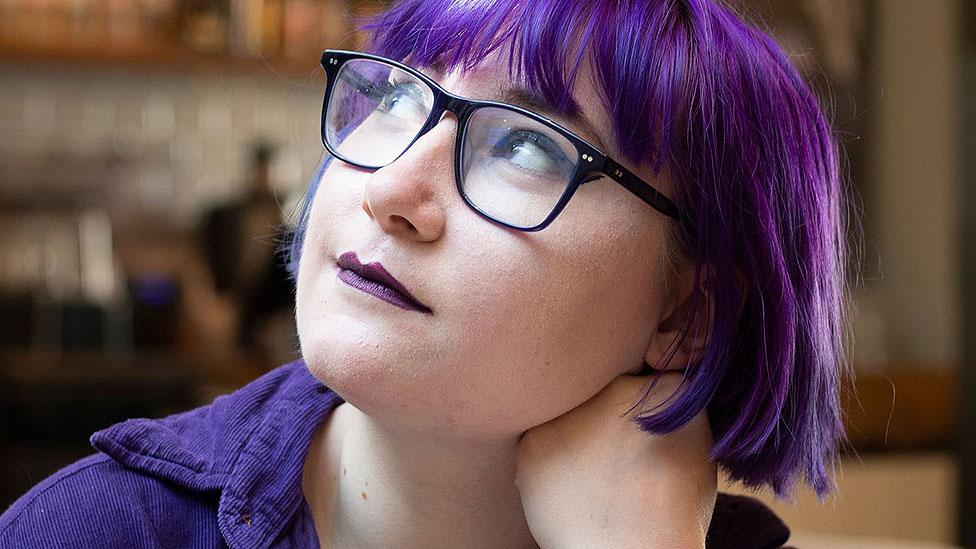
"Watching Santana on screen gave me a way to articulate my feelings," says Ellen
Ellen says that she would probably feel differently about casting a heterosexual actress in a role like that now, but at the time, "it was enough for me to just see a LGBT character on screen."
Santana's impact on people like Claire, Imogen and Ellen is just one of the reasons the actress's death has been hard for a lot of people.
"You think that the people who were important to you growing up - and she was only a little bit older than me - will always be around and they will always be existing, thriving and living their lives," adds Ellen.
"But that's not always the case."


Follow Newsbeat on Instagram, external, Facebook, external, Twitter, external and YouTube, external.
Listen to Newsbeat live at 12:45 and 17:45 weekdays - or listen back here.
- Published14 July 2020
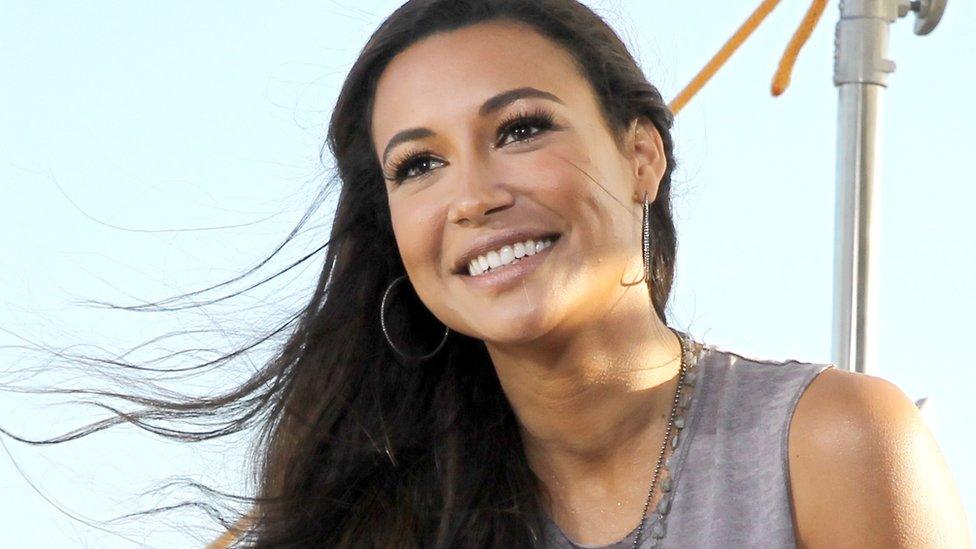
- Published13 July 2020

- Published13 July 2020
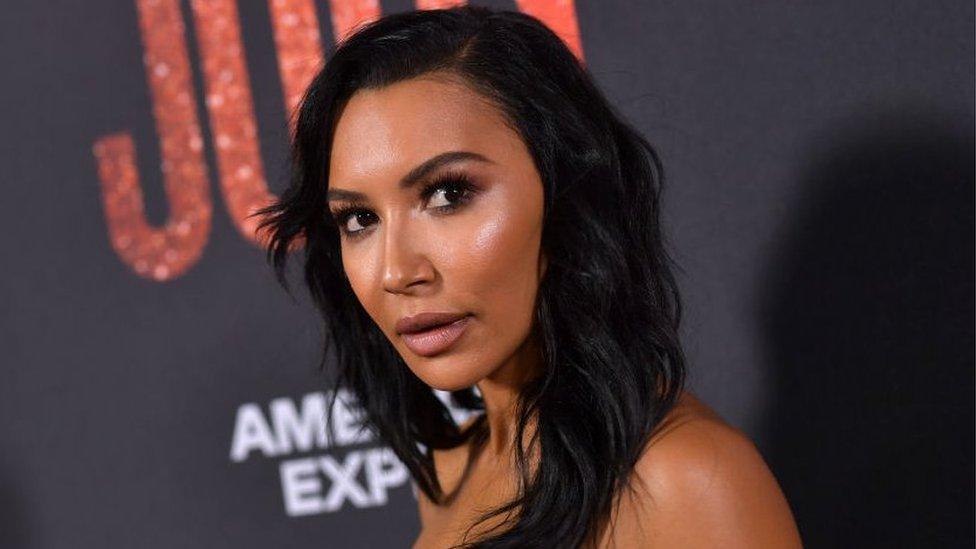
- Published22 December 2018
